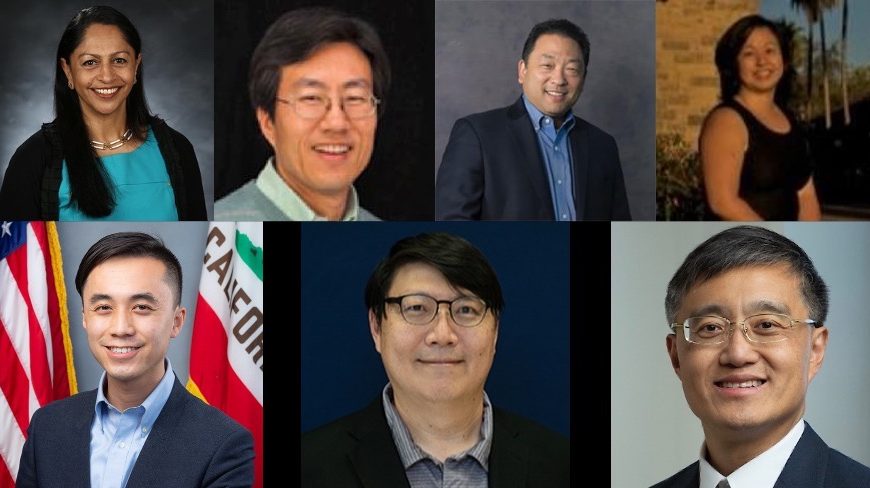At the Sept. 16 AAPI Mental Health Forum, a virtual public event, a panel of speakers convened to acknowledge the mental health needs of the Asian American Pacific Islander (AAPI) community.
David Mineta, CEO at Momentum for Mental Health, cited data from the Centers for Disease Control and Prevention that suicide is the tenth leading cause of death in the United States, and that suicide is the leading cause of death among Asian American young adults ages 15 to 24.
Among the subjects discussed were the barriers members of the AAPI community might face to get help for mental health issues.
“If you’re a young adult or a younger person who is wanting some help with some mental health struggles, but maybe parents or other family members don’t quite understand,” said Mai Manchanda, a Psychologist at Kaiser Permanente. “[They say] ‘This isn’t something you should be talking with anybody about, that it could just be handled in the family.’ Not knowing where the line is for when to seek professional help, that could certainly be a barrier.”
According to Assemblymember Alex Lee, inadequate resources is another barrier. He gave an example that someone needing help might not be able to get an appointment with a mental health specialist for weeks or months.
“Speaking certainly as someone who has gone through the mental health system before and worked through it…it does sometimes feel like it’s a disaster, it sometimes feels like it’s the end of the world,” Lee said.
Cupertino City Councilmember Hung Wei, who moderated the forum, asked the panelists, how they would help AAPI community members struggling with mental health if they have a magic wand.
“I would love for every child to have a third person to talk to, in addition to parents,” said Wei, responding to her own question. She suggested that the child could have a mentor at school or at an extracurricular program, a coach, an aunt or an uncle.
Mineta echoed what Wei said but he added that members from all age groups in the AAPI community, seniors included, should have a person to talk to.
“Every person in need would have that professional,” Mineta said.
Sarita Kohli, President and CEO at Asian Americans for Community Involvement (AACI), felt that mental health service providers should get support.
“We need to do something in our system to aide and encourage people to go into the profession,” Kohli said.
“I would like there to be acceptance in the community about mental health,” said Kevin Park, Santa Clara City Councilmember. “We’d like to think that if people are successful and if people are doing well, they don’t have any mental health issues. And it turns out that’s not true…But those issues are not accepted by their friends and family, who need them or want them to be the success story that they were brought up to be. I think that is another big issue.”
Hanh Mo and Ana Apodaca, Community and Government Relations Managers at Kaiser Permanente, and Wei and Park contributed to the planning of this forum.






